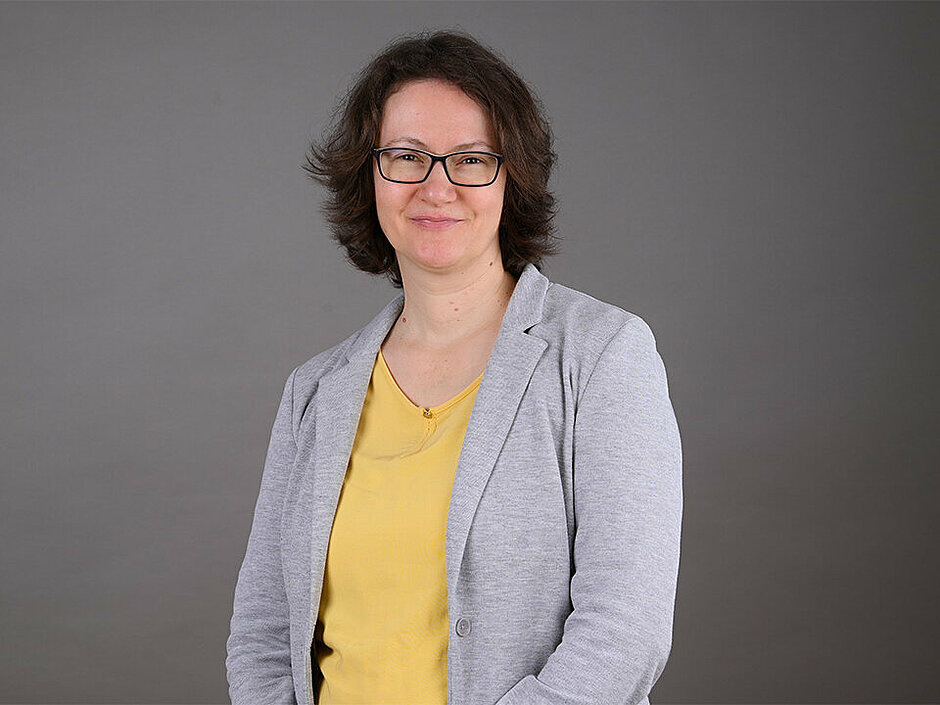

B.3: Hospital @ Home - smooth transition of patients from hospital to home through the use of telemedicine and technology
Context and goals
Contact: Bianca Hölz (USB) and Prof. Dr Susanne Suter (FHNW)
The transition from hospitalisation to home care is a critical phase in the treatment process. Hospitalisation can be prolonged after the end of acute therapy until there is sufficient certainty that the transfer back to the home environment will be successful. In addition to the fact that this is not in the interests of the patient and results in higher costs for the community, complications such as infections or delirious conditions can arise during this period.
In the context of increasing digitalisation, accelerated by the COVID-19 pandemic, the possibilities and acceptance of telemedical patient care have increased.
With Hospital @ Home, a pilot study is being conducted to demonstrate a smoother transition of patients from hospital to home through the use of telemedicine and technology. In the pilot study, patients are being recruited from the University Hospital Basel, where the transition home is actively supported by Medgate in close consultation with the responsible GPs if required, before the patients are then cared for again by their GPs on a regular basis.
At the beginning of the study, patients are selected who only require telemedical follow-up calls. Towards the middle of the study, patients will be added who will use wearables to record further vital signs from home and make them available to the doctors. In the final year, algorithms for the early detection of patient situations that need to be monitored based on wearable data will also be evaluated. Throughout the study, patient and stakeholder satisfaction will be measured and data-based methods will be developed to assess patient transfer success. Overall, new information flows and treatment processes between stakeholders (hospital, telemedicine, GPs) will be defined and trialled. The earlier transfer of patients to telemedical care from home is intended to reduce medical complications and medical costs and to find more sustainable treatment paths. The Hospital @ Home pilot study is intended to become a showcase project for new medical treatment models.

Planned results
The primary result is the development and validation of a process for a smooth transition from hospital to home in the Hospital @ Home with the support of telemedicine and technology. The solution developed will be tested in the planned pilot study with approx. 1200 patients. Hospital @ Home is successful if the patients' state of health develops positively and all stakeholders involved (patients, doctors, relatives) are satisfied and recommend the service to others. Side effects of the Hospital @ Home are expected as secondary outcomes. These include Patients and medical staff are equipped with all necessary tools; tools and interfaces for the information workflow are clearly defined and implemented between all medical partners involved; patients feel self-empowered; the Hospital @ Home solution shows improved sustainability; the service leads to shorter hospital stays, lower patient re-admission rates and cost reductions; and thanks to the transfer success score, it should be measurable and predictable for which patients this service is suitable. As a tertiary result, findings from a test operation of the algorithms developed in B.1 or B.2 for the early detection of critical health situations based on wearable data in the hospital @ home setting will be presented.

Contribution to overall innovation
The pilot study demonstrates a solution for a smooth transition from hospital to home through seamless, uninterrupted aftercare via telemedicine and technology (Hospital @ Home). The study is a demonstration of the feasibility and quality of care and a survey of patient satisfaction. Notable innovations include new treatment processes for the use of telemedicine and technology as well as the development of a transfer success score, which uses machine learning models to assess the success of patients' transfer to Hospital @ Home. The aim is to efficiently apply the findings from the pilot study in other hospitals in the future.


